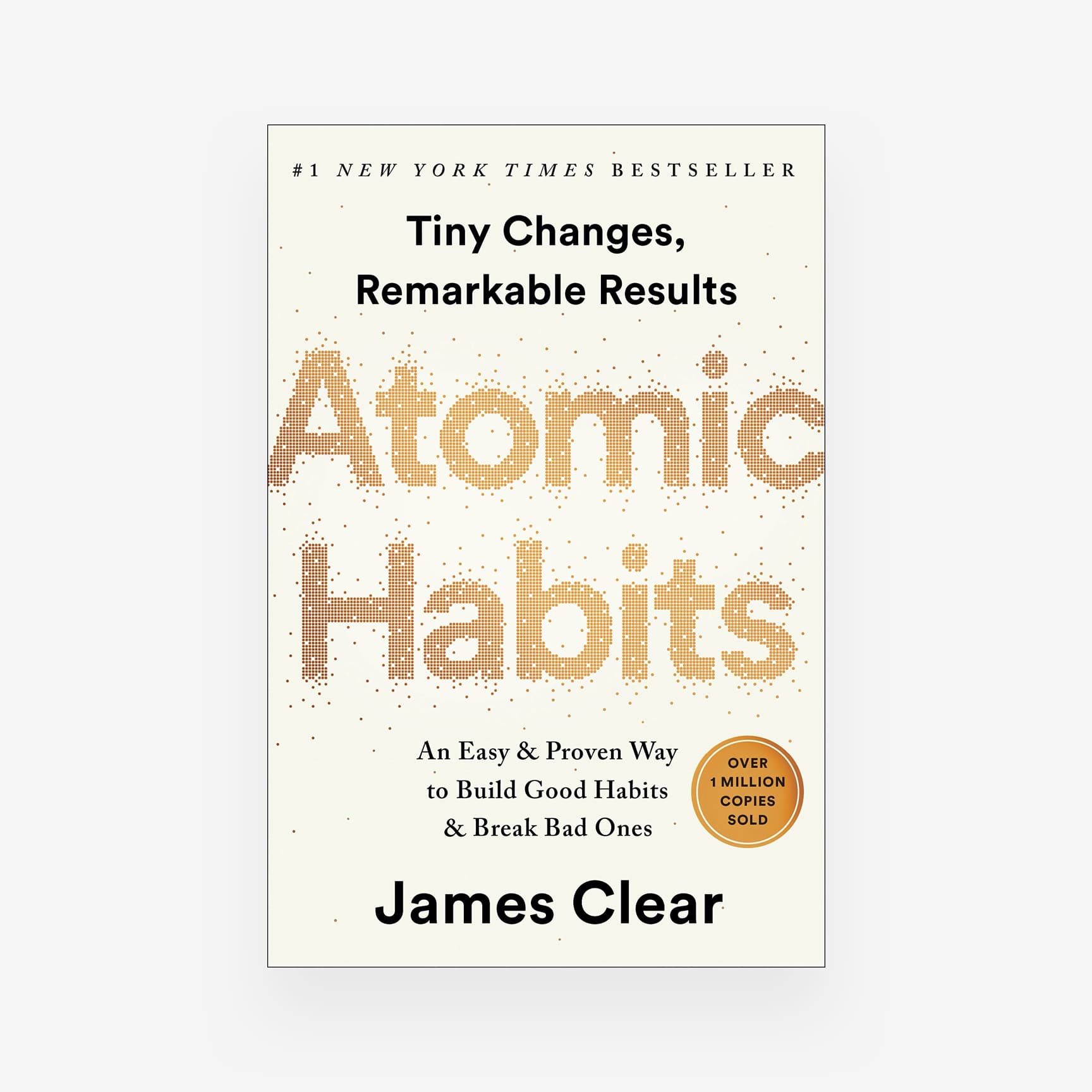Mental health. It’s a term we hear almost daily—on social media, in the news, even in casual conversation. But what does it really mean?
For many people, “mental health” is still misunderstood or reduced to just “mental illness.” But mental health isn’t just about disorders or diagnoses. It’s about how we think, feel, and function every day. It's the foundation of how we show up in the world—at work, in our relationships, and within ourselves.
In this article, we’ll break down what mental health really is, why it matters just as much as physical health, and how we can take steps—big or small—to support it.
What Is Mental Health?
At its core, mental health refers to our emotional, psychological, and social well-being. It influences:
-
How we handle stress
-
How we relate to others
-
How we make decisions
-
How we manage emotions
-
How we enjoy life and find purpose
According to the World Health Organization (WHO), mental health is "a state of well-being in which the individual realizes their own abilities, can cope with the normal stresses of life, can work productively, and is able to make a contribution to their community."
In short: mental health is about how well we’re doing—not just whether we’re sick.
Mental Health ≠ Mental Illness
It’s important to distinguish between mental health and mental illness. They’re connected, but not the same.
Think of mental health like physical fitness. Just as we can be physically healthy or unwell, the same is true for our mental state. And just like someone can have a cold (a temporary issue) or a chronic condition (like asthma), mental illnesses can be short-term or long-term—but they don’t define your whole identity.
You can have poor mental health without having a diagnosed mental illness. You can also have a mental health condition and still experience periods of stability and wellness.
Understanding this distinction helps reduce stigma and opens the door for more compassionate, proactive care.
What Affects Mental Health?
Mental health is influenced by many factors. Some are within our control, and others aren’t. Here are some of the biggest contributors:
1. Biological Factors
-
Genetics and family history
-
Brain chemistry or neurological differences
-
Hormonal imbalances
-
Physical health conditions (e.g., chronic illness, sleep disorders)
2. Life Experiences
-
Trauma or abuse
-
Grief or loss
-
Ongoing stress (from work, school, or relationships)
-
Major life changes (moving, becoming a parent, job loss)
3. Environment
-
Social support (or lack of it)
-
Economic stability
-
Access to healthcare and education
-
Community safety
All these elements interact. For example, someone with a genetic predisposition for anxiety may never experience a problem—unless triggered by chronic stress or a traumatic event. That’s why mental health support needs to be holistic and personalized.
Signs of Good Mental Health
Good mental health doesn’t mean you’re happy all the time or that life is perfect. Instead, it means you’re able to:
-
Cope with stress and bounce back from setbacks
-
Express and manage emotions appropriately
-
Maintain healthy relationships
-
Make decisions and function in daily life
-
Feel a sense of meaning or purpose
We all have bad days, but if your mental health is generally in good shape, you’re better equipped to navigate the ups and downs.
Signs That You May Be Struggling
Mental health challenges can look different for everyone, but here are some common signs to watch for—either in yourself or someone you care about:
-
Persistent sadness or hopelessness
-
Withdrawal from friends or activities
-
Sudden changes in eating or sleeping habits
-
Difficulty concentrating
-
Increased irritability or mood swings
-
Feelings of worthlessness or guilt
-
Unexplained physical symptoms (like headaches or stomachaches)
-
Thoughts of self-harm or suicide
If you notice these signs lasting more than two weeks, it’s a good idea to reach out for support. You don’t have to hit rock bottom to ask for help.
Why Mental Health Matters
Mental health affects every part of your life. It’s linked to:
-
Physical health – Poor mental health can contribute to heart disease, weakened immunity, and more.
-
Work performance – Focus, productivity, and job satisfaction all decline when mental health suffers.
-
Relationships – Communication, empathy, and trust rely on emotional regulation and clarity.
-
Quality of life – Joy, creativity, and self-growth all flourish when our minds are well.
In fact, a 2019 Lancet Commission report emphasized that mental health is just as important as physical health—and should be treated with the same level of care and urgency.
How to Support Your Mental Health
There’s no one-size-fits-all approach, but here are some evidence-based ways to support your mental well-being:
1. Talk to Someone
Therapy isn’t just for when you’re in crisis. It’s a safe space to explore your thoughts, heal past wounds, and build better coping strategies.
2. Stay Active
Regular physical activity increases serotonin and endorphins—natural mood boosters.
3. Get Enough Sleep
Poor sleep is both a symptom and cause of many mental health issues. Aim for 7–9 hours per night.
4. Practice Mindfulness or Meditation
Even 5 minutes a day can reduce anxiety and increase self-awareness.
5. Build Strong Social Connections
Having even one or two trusted people in your life can make a huge difference.
6. Limit Screen Time and Social Media
Especially before bed. Excessive screen use has been linked to anxiety, poor sleep, and low self-esteem.
7. Ask for Help When You Need It
There’s strength—not weakness—in reaching out.
Let’s Talk About It More
Perhaps the most powerful way to improve mental health—on both an individual and societal level—is to normalize talking about it.
We check in on people’s physical health all the time. Imagine how healing it would be if we asked, just as casually, “How’s your mental health these days?”
You never know the weight someone is carrying. A simple conversation could be the turning point they needed.
Your Mental Health Is Just as Important as Your Physical Health
Whether you’re thriving, surviving, or somewhere in between—your mental health matters. It shapes your entire experience of life.
You don’t need to have everything figured out. You don’t need to be “strong” all the time. You just need to start where you are and take one small step toward support, connection, or self-care.
Because mental health isn’t a destination. It’s a daily practice—and you deserve to feel well, inside and out.






















